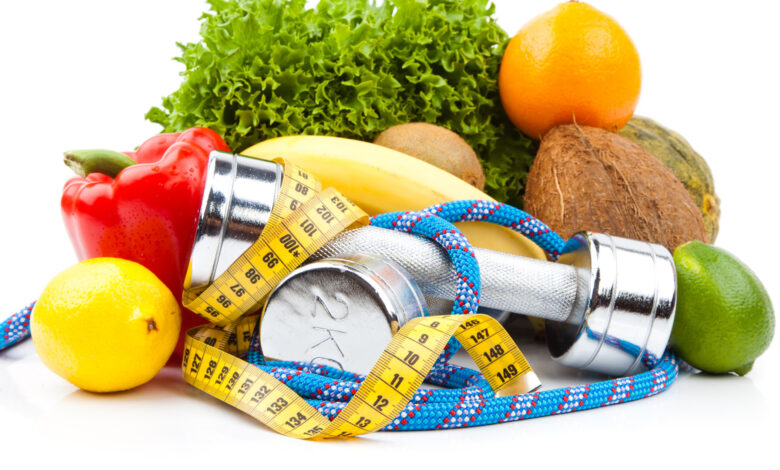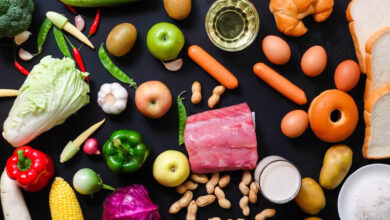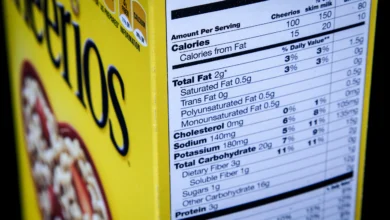Optimizing Athletic Performance: Essential Nutrition Strategies for Sports

Proper nutrition is a crucial component of optimizing athletic performance. Whether you’re a professional athlete or a sports enthusiast, incorporating essential nutrition strategies can help improve energy levels, endurance, strength, and overall athletic performance. In this blog, we will explore a range of key nutrition strategies that can take your sports performance to the next level. From macronutrient balance to meal timing and recovery strategies, these tips will guide you towards fueling your body effectively and achieving peak performance in your chosen sport.
- Macronutrient Balance:
- Prioritize a well-balanced diet that includes carbohydrates, proteins, and fats.
- Carbohydrates provide energy, proteins support muscle growth and repair, and healthy fats aid in nutrient absorption.
- Pre-Workout Fueling:
- Consume a balanced and easily digestible meal or snack 1-2 hours before exercise.
- Focus on carbohydrates for readily available fuel and a smaller amount of protein for muscle support.
- Hydration:
- Maintain proper hydration throughout the day by drinking water consistently.
- Consume water before, during, and after workouts to replace fluids lost through sweat.
- Timing of Meals and Snacks:
- Eat a balanced meal or snack that includes carbohydrates and protein 1-3 hours prior to exercise.
- Consume a smaller snack within 30-60 minutes after workouts to aid in muscle recovery.
- Carb Loading for Endurance Sports:
- For endurance events lasting longer than 90 minutes, consider carbohydrates loading.
- Increase your carbohydrate intake a few days prior to the event to maximize glycogen stores.
- Post-Workout Recovery Nutrition:
- Consume a meal or snack within 30 minutes to 1 hour after exercise.
- Include both carbohydrates and protein to replenish glycogen stores and support muscle repair.
- High-Quality Protein Sources:
- Include lean sources of protein like chicken, fish, tofu, beans, and Greek yogurt in your diet.
- These sources provide essential amino acids for muscle recovery and growth.
- Nutrient Timing for Muscle Building:
- Consume protein-rich snacks or meals within 1-2 hours after resistance training to support muscle growth.
- Consider a protein shake or a snack with a balance of carbohydrates and protein for optimal recovery.
- Focus on Whole Foods:
- Emphasize whole foods like fruits, vegetables, whole grains, lean proteins, and healthy fats in your diet.
- These provide essential vitamins, minerals, antioxidants, and fiber for overall health and performance.
- Recovery Strategies:
- Incorporate post-workout snacks or drinks containing carbohydrates and protein to optimize recovery.
- Prioritize proper sleep, rest, and relaxation to promote tissue repair and optimize athletic performance.
- Individualized Approach:
- Tailor your nutrition plan to your specific needs, goals, and individual preferences.
- Experiment and fine-tune your diet based on what works best for your body and sport.
Conclusion:
To optimize athletic performance, it’s crucial to implement essential nutrition strategies. By prioritizing macronutrient balance, fueling appropriately before exercise, staying properly hydrated, timing your meals and snacks correctly, and emphasizing whole foods, you can fuel your body effectively for sports performance. Additionally, considering nutrient timing for muscle building, incorporating post-workout recovery strategies, and taking an individualized approach will further enhance your athletic abilities. Remember, nutrition plays a significant role in optimal performance, so fine-tune your diet, listen to your body, and consult with a nutrition professional if needed. With these nutrition strategies, you can optimize your athletic performance and unlock your full potential in your chosen sport.



